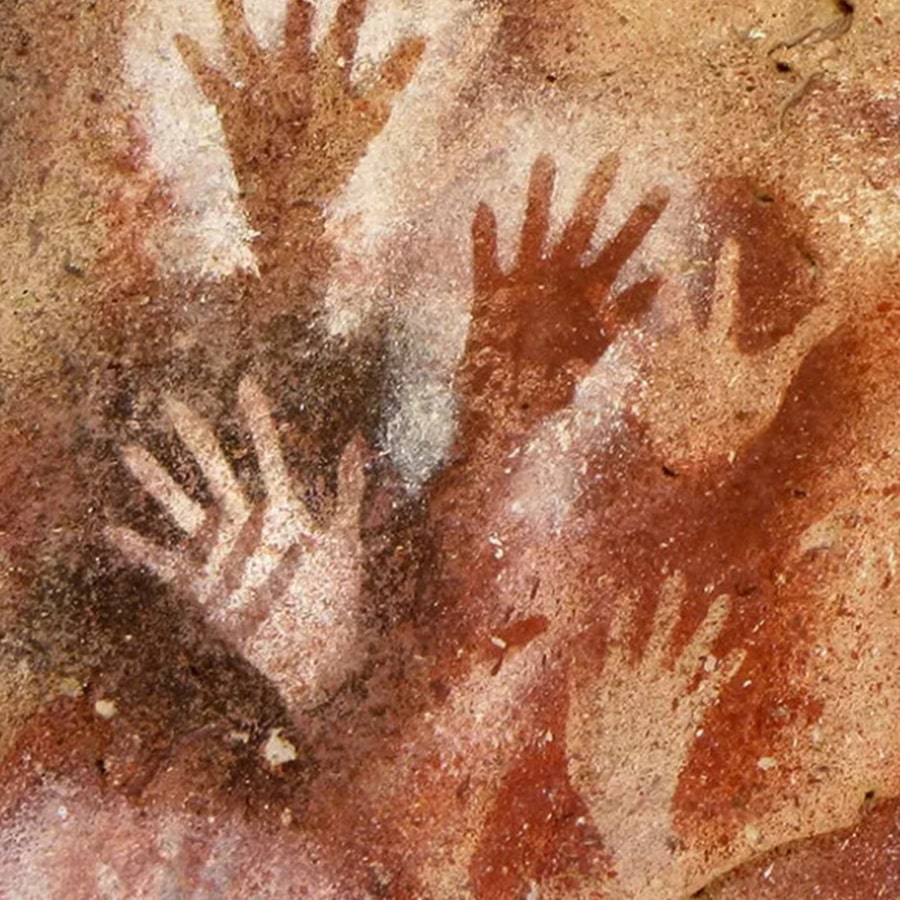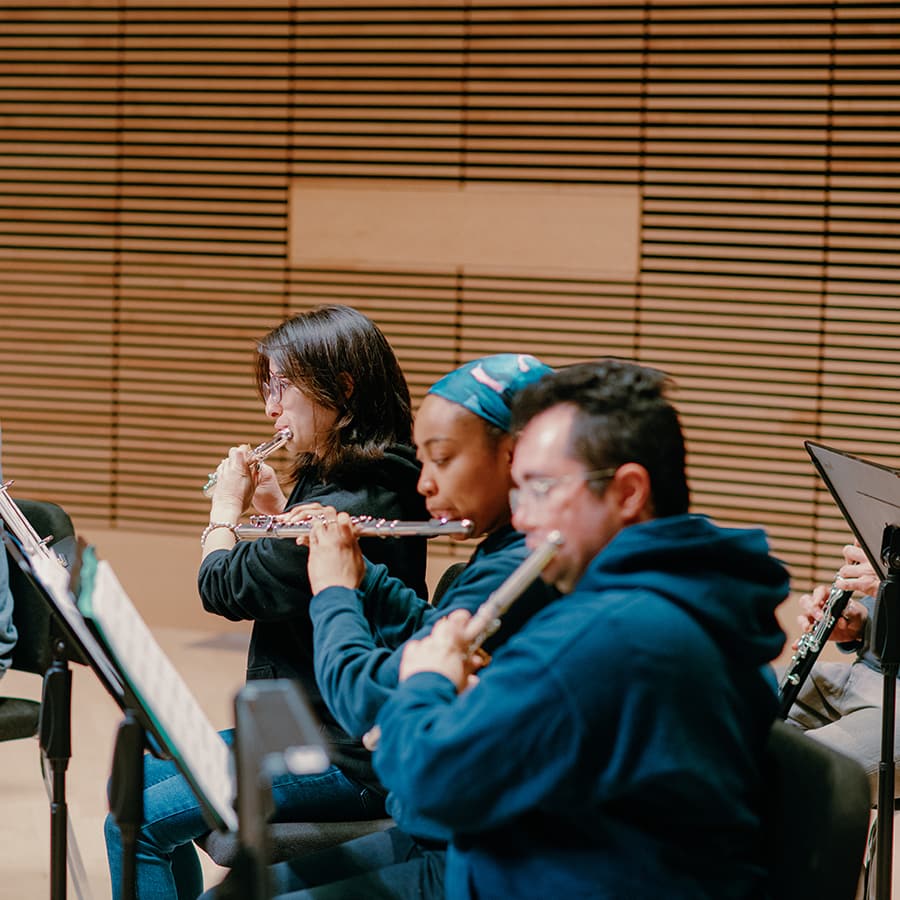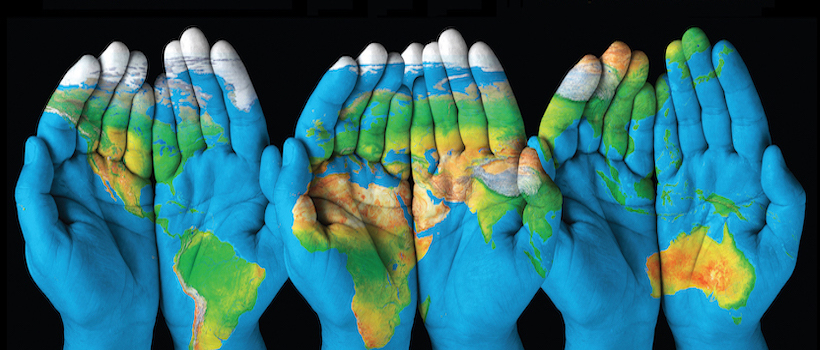Plan Your Education
How to Apply
Apply for Admission
Please review the first-year and transfer apply pages for important information about application requirements, deadlines, and application status check.
Deadlines & Cost
Early action deadline: November 1; Regular Decision Deadline: June 15
Financing Your Education
Become a Beacon and pursue your passion in UMass Boston’s diverse, supportive environment. Many students across our 200+ undergraduate and graduate programs receive financial aid—providing access to an education that’s exceptional and affordable. Click below to learn more about financial aid opportunities and deadlines.
Financial Aid Deadlines & Application Process
Scholarships for First-Year & Transfer Students
For additional information regarding tuition and fees, please visit the Bursar’s Office or send an email to Bursar@umb.edu.
Curriculum
For detailed course descriptions, please visit the university catalog for Anthropology BA.
Subfield Introductory Courses (9 Credits)
- ANTH 105 - Introduction to Biological Anthropology 3 Credit(s)
- ANTH 106 - Introduction to Cultural Anthropology 3 Credit(s)
- ANTH 107 - Intro To Archaeology 3 Credit(s)
Sociocultural Theory (3 Credits)
- ANTH 345 - Theory in Sociocultural Anthropology 3 Credit(s)
Area Studies (3 Credits)
Take one course from the list below.
- ANTH 232 - The Viking World 3 Credit(s)
- ANTH 270L - Native Peoples of North America 3 Credit(s)
- ANTH 272 - Peoples and Cultures of Africa 3 Credit(s)
- ANTH 273 - Peoples and Cultures of Mesoamerica (Mexico and Guatemala) 3 Credit(s)
- ANTH 274 - Peoples and Cultures of the Caribbean 3 Credit(s)
- ANTH 275L - Peoples and Cultures of China 3 Credit(s)
- ANTH 476L - Current Issues in Native America 3 Credit(s)
Methodology (3 Credits):
Take one course from the list below.
- ANTH 316 - Nutrition, Growth and Behavior 3 Credit(s)
- ANTH 317 - Human Epidemiology 3 Credit(s)
- ANTH 340 - Historical Archaeology 3 Credit(s)
- ANTH 341 - Archaeological Method and Theory with Laboratory 4 Credit(s)
- ANTH 353 - Urban Anthropology 3 Credit(s)
- ANTH 385 - Language and Culture 3 Credit(s)
- ANTH 412 - Issues in Biological Anthropology 3 Credit(s)
- ANTH 432 - Archeological Science 3 Credit(s)
Comparative Analysis (3 Credits)
Take one course from the list below.
- AFRSTY 343L - African Diaspora Archaeology: Uncovering Roots, Routes, and Resistance 3 Credit(s)
- ANTH 211 - Human Origins 3 Credit(s)
- ANTH 230 - Archaeological Myth & Mystery 3 Credit(s)
- ANTH 238 - Empire and Imperialism: From Rome to the War in Iraq 3 Credit(s)
- ANTH 247 - Ancient Cities & States 3 Credit(s)
- ANTH 256 - Anthropology of Mass Violence 3 Credit(s)
- ANTH 260 - Anthropology On Film 3 Credit(s)
- ANTH 262 - Dreams & Dreaming 3 Credit(s)
- ANTH 263 - Environmental Anthropology 3 Credit(s)
- ANTH 264 - Shamanisms: Anthropological Perspectives 3 Credit(s)
- ANTH 269L - Anthropology of the Objects and the Objectified: an Interdisciplinary Approach to Things 3 Credit(s)
- ANTH 278L - Introduction to Native American and Indigenous Studies 3 Credit(s)
- ANTH 295L - Introduction to Human Rights 3 Credit(s)
- ANTH 301L - Childhood in America 3 Credit(s)
- ANTH 312 - Human Variation 3 Credit(s)
- ANTH 324 - A Biocultural Approach to War 3 Credit(s)
- ANTH 343L - African Diaspora Archaeology: Uncovering Roots, Routes, and Resistance 3 Credit(s)
- ANTH 346 - Culture, Globalization, and the Environment 3 Credit(s)
- ANTH 357 - Culture, Disease, and Healing 3 Credit(s)
- ANTH 358 - Social Determinants of Health and Health Disparities 3 Credit(s)
- ANTH 361L - Indigenous Film and Critical Visual Studies 3 Credit(s)
- ANTH 364 - Anthropology of Adolescence: Biocultural Interactions 3 Credit(s)
- ANTH 366 - The Anthropology of Religion 3 Credit(s)
- ANTH 367 - Social and Cultural Perspectives on Witchcraft and Sorcery 3 Credit(s)
- ANTH 368 - Myth in Cultural Context 3 Credit(s)
- ANTH 372 - Anthropology of Death 3 Credit(s)
- ANTH 385 - Language and Culture 3 Credit(s)
- CINE 361L - Indigenous Film and Critical Visual Studies 3 Credit(s)
- WGS 360 - Gender, Culture, and Power 3 Credit(s)
Proseminar (3 Credits)
- ANTH 425 - Contemporary Issues in Anthropology 3 Credit(s)
Electives (9 Credits)
Take any three additional anthropology courses between ANTH 211 and 491.
One Anthropology intermediate seminar may also be applied toward this requirement.
For more information on curriculum, including course descriptions and degree requirements, visit the Academic Catalog.
Learning Outcomes
Upon completion of the BA program, students should be able to:
- Develop cross-cultural understanding and critical thinking skills that enable them to analyze the complexities of human societies and cultures across the globe
- Hone their research and communication skills to become an effective advocate for social change
- Deepen their understanding of the complex issues that affect their communities and emerge with the knowledge and skills they need to pursue diverse career paths
Related Minors
Anthropology Minor
The Minor in Anthropology provides students who major in another discipline with an anthropological perspective to complement their major area of study. This holistic, evolutionary, and comparative viewpoint can be applicable to many disciplinary and pre-professional majors that focus on aspects of human culture and biology.
Minor Requirements:
Complete 18 credits from six courses, two introductory courses and four electives.
GPA: A minimum GPA of 2.0 from all courses for the minor.
Pass/fail: No courses taken pass/fail may be applied toward the minor.
Residency: At least four courses for the minor must be completed at UMass Boston.
Course level: At least two courses applied toward the minor must be at the 300-level or higher.
Environmental Anthropology Minor
Environmental anthropology focuses on how culture mediates the dynamic interactions between human populations and their ecosystems. It studies specific patterns of economic activity, social and political practices, and institutional arrangements, as well as their environmental and health effects. It explores the ways in which different belief systems, religions, political ideologies, and cultural knowledge shape the practices and consciousness of people. All of these factors are considered when anthropologists work to explain human-environment interactions that lead to both local and global environmental change. The field is growing rapidly and becoming of greater importance not only in academia, but also among policy makers.
Minor Requirements:
Complete 18 credits from six courses including three core courses, two electives, and one environmental capstone.
GPA: A minimum GPA of 2.75 is required for all courses applied toward the minor.
Pass/fail: No courses taken pass/fail may be applied toward the minor.
Residency: At least four courses for the minor must be completed at UMass Boston.
Native American & Indigenous Studies Minor
Native American and Indigenous Studies is a rapidly expanding, multidisciplinary academic field. In this minor, you will discover a vast and growing body of scholarly literature in this field that has made major contributions to current analyses and debates concerning indigenous histories and ways of remembering, indigenous literary traditions, human rights, globalization, social movements, and more.
Minor Requirements:
Complete 18 credits from six courses including one introductory course, one history course, one practicum courses, and three electives.
Pass/fail: No more than one course taken pass/fail may be applied toward the minor.
Residency: At least three courses applied toward the minor must be completed at UMass Boston.
Graduation Criteria
Degree Requirements
If this is the student’s only or primary major, the degree requirements below must be completed for graduation. See graduation requirements for more information.
College of Liberal Arts Requirements for Bachelor of Arts
Major Requirements
Complete at least 33 credits from eleven courses including three subfield introductory courses, one sociocultural theory course, one area studies course, one methodology course, one comparative analysis course, one proseminar course, and three electives.
GPA: Minimum GPA of 2.0 within the major.
Pass/fail: No courses taken pass/fail may be applied toward the major.
Course level: At least five courses for the major must be at the 300-level or higher.

Anthropology Department
UMass Boston's Department of Anthropology in the College of Liberal Arts offers a diverse range of programs and research opportunities aimed at understanding the complexities of human societies and cultures across the globe.
Explore the Department of Anthropology
College of Liberal Arts
Learn more about the faculty, research, and programs that make up our College of Liberal Arts.
Explore College of Liberal Arts